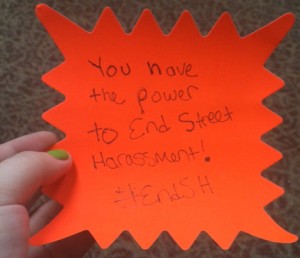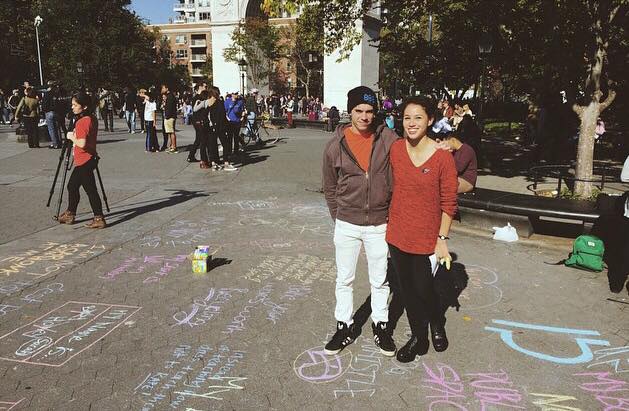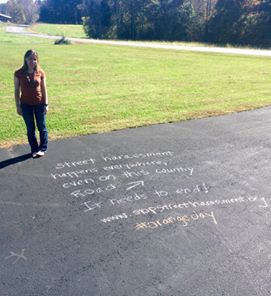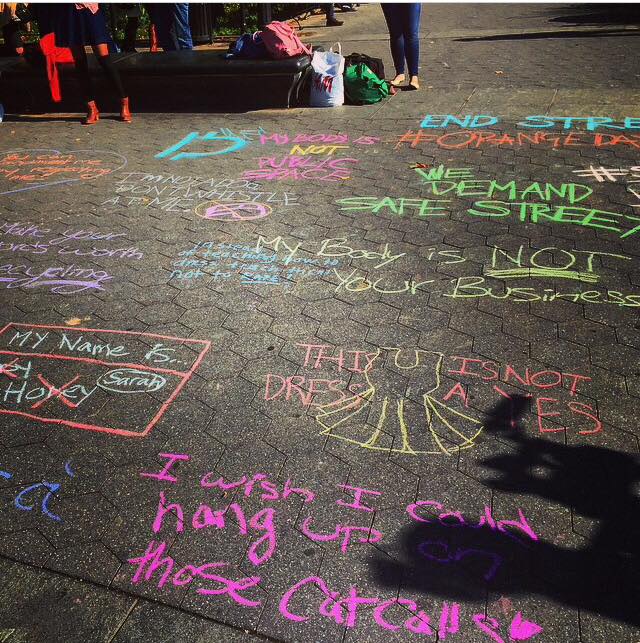Angie Evans, Washington, DC, SSH Blog Correspondent
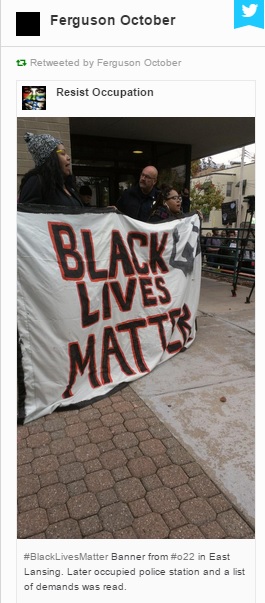 Walking across the street to pay the parking meter, a man pulled to curb. I kept my “resting bitch face” on but he still rolled down his window to invite me for a ride. He made sure to comment on my pretty face. I wish this was a rare occurrence; but it isn’t. I wish I could say I was wearing something low cut or short; but I wasn’t. I wish I looked too good that day; but I didn’t. I always wonder what I could do differently when these things happen and realize the answer is nothing.
Walking across the street to pay the parking meter, a man pulled to curb. I kept my “resting bitch face” on but he still rolled down his window to invite me for a ride. He made sure to comment on my pretty face. I wish this was a rare occurrence; but it isn’t. I wish I could say I was wearing something low cut or short; but I wasn’t. I wish I looked too good that day; but I didn’t. I always wonder what I could do differently when these things happen and realize the answer is nothing.
As a woman, you experience a daily barrage of commentary on all things. You can expect the opinion of strangers whether you smile out of politeness or frown as a defense mechanism. As I walked to a coffee conversation about #FergusonOctober and away from my harasser, the parallels between the microaggressions I experience as a white woman on the street and the institutional racism African Americans have grappled with for centuries that spurred the murder of Michael Brown were obvious. Racism and sexism leave us vulnerable and often disempowered in a society that normalizes both problems
One outcome of institutionalized racism is police harassment. There is no denying that black youth are portrayed negatively in the media. For every positive story about an African American thought leader, writer, or everyday joe, there are half a dozen stories reinforcing racial stereotypes about criminal activity or academic failure. And although you wouldn’t know it from watching the news, the majority of all violent crime in the US is committed by white people – not young black men.
Police are fed the same media we are though, so it’s not surprising that an 18-year-old black kid and a white cop would feel tension around one another. And it’s also not shocking that the media engaged in victim-blaming when the #Ferguson story came out. They wanted to find some way to justify this young man’s death…but lets be real, even if the kid had robbed a store, there was no justification for killing him. No law makes that moral.
A group of women in skirts doesn’t provide the grounds for catcalling anymore than black kids hanging out on the sidewalk warrants police harassment and violence.
As more African American families have been sharing their own stories of racially-motivated harassment in recent months, people like me are realizing that what happened in Ferguson wasn’t a one time event. Thanks to more video recordings, we can even see some of these stories. Like when a video was released earlier this month showing a police officer breaking the window of a black family’s car in order to pull the man in the passenger seat from it. Why did the officer stop the car? Because the driver wasn’t wearing her seat belt. Unfortunately the situation escalated quickly. With stories about young black men being killed by police officers are pouring forward left and right, the family was scared and even called the police station from inside the vehicle.
Perhaps the cop who broke through the window isn’t a bad guy. Perhaps the passenger isn’t an angel. But the real problem isn’t the players in this story, the problems are that police disproportionately target persons of color and many African Americans justifiably fear white police officers.
You can’t have a true democracy if one group lives in fear of another and yet, that is our society.
This kind of police violence is a symptom of racism and also poor training, recruitment, and a lack of accountability. If you want to learn more about what can be done to end police harassment, read the suggestions in SSH Blog Correspondent Sarah’s post from earlier this month, for example, offering community-wide trainings on how to report police abuse in your area.
Angie is a community organizer and social worker. Last year she quit her job to travel around the world with her husband. They have just returned and are continuing to write about travel and adventure at http://whereisseangie.com

